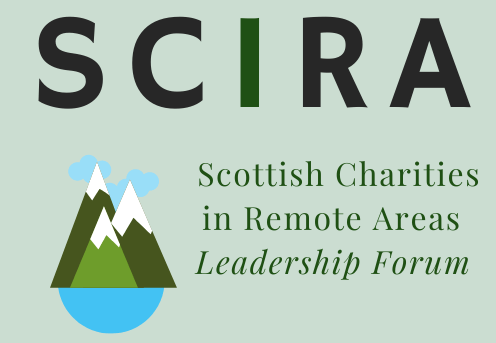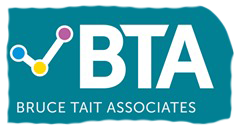17 December 2021 / By Lisa Buchanan, BTA Associate
What does the COVID-recovery look like to you and your organisation? Will it be affected by the great resignation or are you finding new ways to deliver services, support your team and build a better version of your organisation?
These are important questions for us as leaders in the third sector and how do we answer them in the face of our collective exhaustion? I believe we owe it to ourselves and our people to take some time out to reflect on what impact COVID has had on us personally, and on our social businesses and workplaces. Now more than ever before, the pressure to survive as an organisation, in a climate of the greatest uncertainty multiple generations have seen, is greater than we’ve ever known it.
Prior to COVID, the last ten years in the third sector had been characterised by the need to adapt, grow and change. Brought on by the affects of the global banking crisis in 2008, and the decade of austerity that became our everyday lives. Annual budgets cuts, procurement of services where oftentimes, your organisation was the only one to bid in remote and rural areas, felt like cutting your own moral and organisational throat to survive financially, and keep an already stretched service in the Cinderella rags we’d become accustomed too.
Yet looking at what has happened in the past two years, those of us leading services through the pandemic might just be grateful to have only the challenge of austerity again. Of course, that is not to say that they were easy times, far from it, but through the lens of COVID where the lives of our loved ones, our colleagues and our beneficiaries were threatened by an unknown virus, somehow worrying about money seems like the last thing on our mind.
And perhaps that is one of the factors facing employers now; the great resignation. Those of us in what were previously considered “secure jobs”, have learned that the rules of the game have changed. We can’t work our way out of a pandemic that we don’t have control over. Yes, we can follow the rules, adapt in the moment, but we can’t rely on the way things used to be because modelling how it was, only makes the transition to a brave new way of operating that much harder. We’ve put on our upbeat faces and done the best we can, but now that we are moving out of the initial crisis, albeit with fresh alerts for the Omicron variant, we must ask ourselves what does our world of work look like now and what have we learned along the way.
Can we live and work at home, travel only when necessary or for luxury, and be less productive at work, but more fulfilled and healthier for it? If we can do that in an increasingly online world, where living in the Highlands and Islands is no longer the physical barrier that it once was, how do we grasp new opportunities to live and work in healthier, more supportive and more satisfying ways, while also ensuring that we are serving our beneficiaries in the best ways possible.
From my own perspective, I had spent almost twenty years in the third sector, always hustling for the cause, growing and developing services and facilities to meet the needs and expectations of those who used our charity’s services. But COVID taught me several lessons and the main one was that how it had “aye been done” wasn’t going to hit the mark. It was time to get serious about how I wished to spend the rest of my career and where I could add value, be available for my family, and still do meaningful work.
The flavour of work is less about number crunching, important thought that is to the wellbeing of all charities, but it is more about resting and grieving the losses of what we once thought the sector was, what our place in it was, and once we’ve given ourselves this time to reflect and recover, only then can we start to reimagine our roles, our purpose, and our delivery channels, in a world that is more digitally connected than ever, but, so too, is it starved of connection to other people. We’ve become afraid or anxious or sad at what we’ve experienced and rarely, as history has taught us, has fear led us to good decisions.
We must find ways to sit with and process these uncomfortable or difficult feelings and experiences, build up our bank of personal and professional support to help us through the next phase in our history. We might also reflect on the core purpose of what our charities have always been here to do and I am certain that as the custodians of remote and rural charities, the answers may be closer to home than you think.
If you’d like to share your experiences of COVID recovery and learn from others’, you’ll find a warm welcome with Bruce Tait Associates, founders of the Scottish Charities in Remote Areas Leadership Forum, along with esteemed sector leader, Ingrid Webb and my good self. Look forward to seeing you at our first event on 20th January 2022. Click here to book your space.


